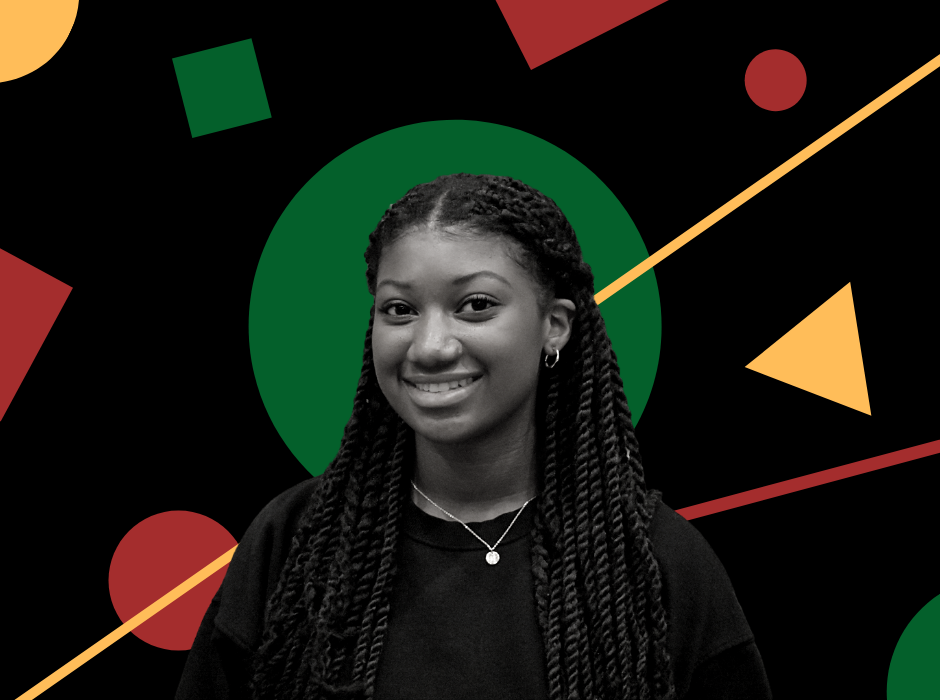In the face of the systemic oppression that prevents access to equal educational opportunities, Black Americans still dedicate themselves to pursuing high quality education for themselves and their children. Yet the very community that has fought so hard to secure equal access to education — often risking life and limb — is also blamed for perceived unequal achievement by current educational standards. However, even when students and parents overcome these challenges, they are ridiculed, their achievements are minimized, and in some cases, they are even arrested. Kelly Williams-Bolar, for example, was jailed and put on three years of probation for daring to register her child in an adequately resourced school district. Furthermore, Black students who have earned admissions to competitive universities are confronted with the backward notion that their admission was only due to affirmative action policies. Through a close study of the educational barriers that Black educators and students have worked to overcome but continue to face, one can dismantle the dangerous perception that the Black community does not care about education.
Though many students at Harvard would think that a choice between learning and life is the stuff of dystopian novels, for enslaved African Americans, this choice was a daily reality. At the risk of whippings, beatings, and death, they often gathered in churches under dim candlelight to teach themselves how to read. Dr. Jarvis Givens, a professor at the Harvard Graduate School of Education, describes this covert form of teaching and learning as “fugitive pedagogy.” Facing an onslaught of anti-literacy laws, Black Americans crafted a pedagogical response to White opposition. They found power in their pens and strength in classrooms of their own creation.
Fugitive pedagogy can still be observed today as teachers navigate contemporary attempts to withhold knowledge from minority students. Nowhere is this clearer than in the Anti-Critical Race Theory Laws. Educators are at a high risk of losing their licenses and livelihoods for simply using terms like “racism” or “slavery” in their classrooms. While it’s disgusting and unacceptable that today’s educators must fight the same battle as those from centuries before them, it’s another testament to the Black community’s dedication to promoting anti-oppressive learning.
Despite the challenges that Black Americans have faced, they have shaped the very foundations and establishment of public education in the United States. During the Reconstruction Era, newly emancipated African-Americans established over 3,000 schools in the former Confederate states. In doing so, they paved the path for nationwide systems of public education and inspired laws that would guarantee public education for all residents. However, this success was met with yet another systematic attempt to deny Black people access to high quality education — segregation. Black students received inadequate funding, insufficient staff, and poor facilities.
It would take another 100 years and the tireless efforts of Black activists to legally integrate schools. However, even after integration, racial disparities in educational resource allocation and de facto forms of segregation still stubbornly persist. Racial disparities in access to housing due to policies like redlining ensured the continuation of geographic segregation in some cities and, subsequently, the segregation of public schools. Current public school funding pathways — or the lack thereof — ensure that racial disparities in education quality are upheld. According to Ericka S. Weathers and Victoria E. Sosina, two researchers at the Stanford Center for Education Policy Analysis, Black students are “increasingly concentrated in separate school districts from White students in the same state, total revenue shifts in a way that disfavors the typical Black student’s district, even after controlling for racial differences in poverty.”
Born into a family of Black educators, my parents made sure that I understood the historic sacrifices that enabled me to pursue higher education and the systemic barriers that continued to make educational pursuits challenging. In my own school district in Fulton County, Georgia, incredible disparities between primarily White and Black schools demonstrate the urgent need for systemic change. Researchers at Kennesaw State University found that in Fulton County, Black students were still less likely to have access to advanced programs, more likely to be placed in overcrowded classrooms, and more likely to attend under-resourced schools.
Scholars have proved, time and time again, that these disparities are not an issue of misplaced priorities within the Black community. Rather, they are fundamentally driven by inequitable policies. A 2015 poll by Education Post, an equal education advocacy group, concluded that “Black parents care about the education kids receive; are the most hopeful about what they can achieve; and are among the biggest supporters of public schools.” It’s unbelievable that Black parents and students have fought, tooth and nail, for hundreds of years to create equal educational opportunities for their communities, just for many to assume that they don’t care for or prioritize education.
The blame placed on the Black community for disparate academic performances and low-quality schooling allows policymakers to ignore the systemic issues that create these disparities. It’s imperative that we push back against the negative stereotypes about the Black community that permeate the discourse on education and academic intelligence. We must hold state legislators accountable when they attempt to pass legislation that restricts access to quality education. Everyone must take action and relieve the Black community of its unfair, long-held burden in the battle for equal educational opportunities.
article was created by Harvard College student Duncan Glew for the exclusive use of the HPR. Writer headshot by Aaron Kang.



